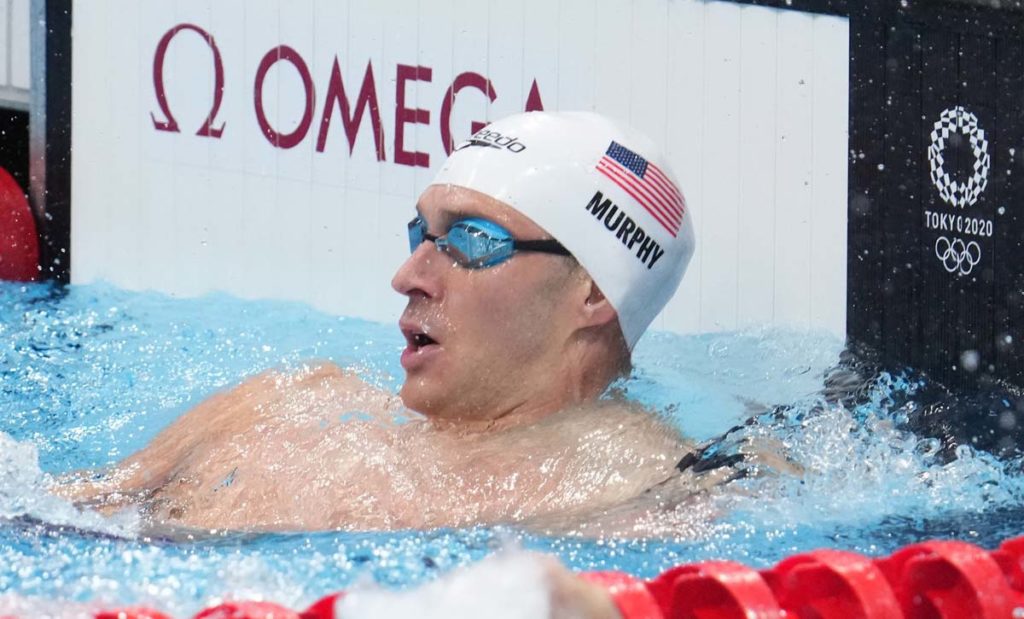Olympics: FINA Responds to Murphy Comments, “Committed to… Strengthening Our Anti-Doping Practices”

Editorial content for the 2021 Tokyo Olympic Games coverage is sponsored by GMX7.
See full event coverage. Follow GMX7 on Instagram at @GMX7training #gmx7

Olympics: FINA Responds to Murphy Comments, “Committed to… Strengthening Our Anti-Doping Practices”
Following Evgeny Rylov’s victory over rival Ryan Murphy in the men’s 200 backstroke final, Murphy spoke out against swimmers who are competing at the Olympics using performance-enhancing and banned substances. Murphy never directly said that Russian swimmers were the aim of his ire, but he did criticize the International Olympic Committee decision to allow Russian athletes to compete in Tokyo, despite the fact that the nation was found to operate a state-sponsored doping program. Russian swimmers and athletes in all sports are competing under the banner of “Russian Olympic Committee” in Tokyo.
Indeed, in his two individual finals, it was only ROC swimmers — Rylov in both the 100 and 200 back and Kliment Kolesnikov in the 100 back — who finished ahead of Murphy.
It is a huge mental drain on me to go throughout the year that I’m swimming in a race that’s probably not clean, and that is what it is,” Murphy said after the race. “I don’t have the bandwidth to train for the Olympics at a very high level and try to lobby the people who are making the decisions that they’re making the wrong decisions.”
Following a request for comment from Swimming World, FINA responded to Murphy’s comments and Friday’s controversy. FINA suggested it had maintained strict anti-doping practices, even during the COVID-19 pandemic, including regular testing, and that work would continue. The statement also read that under new President Husain Al-Musallam, FINA was “committed to doing more and further strengthening our anti-doping practices with more resources and greater transparency.” Read the full quote below:
“Doping is a worldwide problem in sport. It is FINA’s responsibility to do everything possible to help combat this and protect clean athletes. This is why FINA President Husain Al-Musallam, since taking office two months ago, has made the prevention of doping in aquatics a priority in his reforms. FINA worked closely with the International Testing Agency (ITA) to ensure that its out-of-competition testing for Tokyo 2020 has been in line with that for Rio 2016, despite the restrictions caused by the pandemic. And, of course, the aquatics athletes in Tokyo, including all medal winners, are regularly tested. However, as FINA has made clear to all our athletes, we are committed to doing more and further strengthening our anti-doping practices with more resources and greater transparency. We will continue to do all we can to ensure a level playing field for our athletes.”
When Murphy spoke after his 200 back, he addressed a conversation with new FINA executive director Brent Nowicki at the U.S. Olympic Trials last month when Nowicki told him it would take time to fully eliminate banned subatances from swimming. Murphy said that his top priority was ensuring greater transparency in the anti-doping process. In his comments, Murphy seemed skptical that FINA would commit to such practices. It remains to be seen whether Murphy is pleased with FINA’s statement about increased dedication to eradicating banned substances from the sport or if believes still more accountability and accessibility is necessary.




